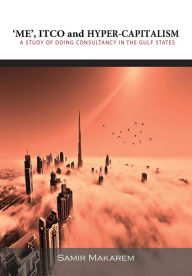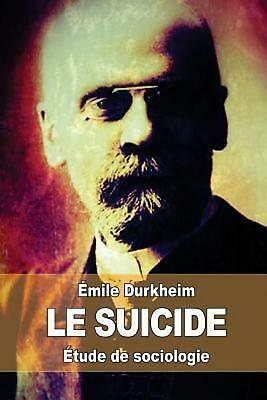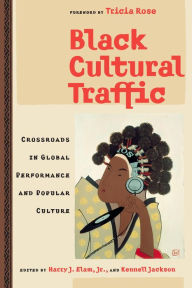'Me', ITCO & HYPER-CAPITALISM
by Samir Makarem
2020-05-07 20:16:32
'Me', ITCO & HYPER-CAPITALISM
by Samir Makarem
2020-05-07 20:16:32
'Me', ITCO and Hyper-capitalism is a book about responsibility and organization in hyper-capitalism. Hyper-capitalism is characterized by excess; that is, the absence of scarcity. The research takes place in the United Arab Emirates, located in the M...
Read more
'Me', ITCO and Hyper-capitalism is a book about responsibility and organization in hyper-capitalism. Hyper-capitalism is characterized by excess; that is, the absence of scarcity. The research takes place in the United Arab Emirates, located in the Middle East where oil revenues are almost unlimited; all other economic activities remain secondary. The book explores the relationship between formal and substantive economics. It is a story of a hyper-stratified society, where every class and group is assigned a place on the social ladder, which is meant to be immobile. It is a sort of like 'Disneyland' --- that is, it is artificial, planned, regimented and defined by its appearances. Wealth is generated and consumed on a scale unheard of elsewhere. The ethnography describes what happens to a (quasi) modernist organization when the capitalist constraints are withdrawn. ITCO was in some trouble and several consulting interventions were implemented to improve matters. The ethnography reveals a dominant work culture of guile and stuck-ness; a lack of change or business development. ITCO 'flourished' for more than ten years, declaring profits to its shareholders year after year. ITCO was doing business without scarcity. In the hyper-capitalism mirror of the UAE many certainties of business studies falter. Is this the exception that (dis-)proves the rule? Does ITCO point to our economic future or is it a freak? Is hypercapitalism inherently dead and/or deadening? Through the lens of Mead's social interactionism, the analysis reveals the identities in ITCO via psychological anthropology; how identity is socially constructed in interrelationships. Applying Bourdieu's theories and concepts the analysis attempts to reveal the stuck-ness and whether ITCO's actants are (or are not) represented in symbolic capital. But such analysis destroys the relationship between scarcity and excess. The question remains as to how we should understand ITCO? ITCO did change somehow, and to understand this change social complexity theory is used to reveal the kind of attractor that emerges producing the characteristic pattern of behavior within ITCO.
Less













.jpg)

.jpg)












.jpg)
